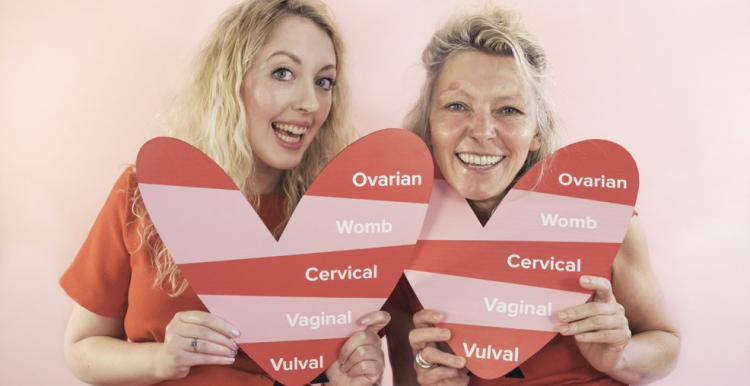Only 2% of the population know all five gynaecological cancers

- 1 in 3 (34%) can’t name a single type of gynaecological cancer
- Only 2% of people can name all five gynaecological cancers
- Only a third (32%) recognise abnormal vaginal bleeding as a potential womb cancer symptom
A new survey by The Eve Appeal (YouGov) found that 1 in 3 people can’t name a single gynaecological cancer and only 2% can name all five of them - diseases which affect over 21,000 people a year in the UK.
The gynaecological cancer with the highest awareness by far is cervical cancer, which 61% of people could name. Despite this awareness, many don’t know what symptoms they need to look out for; with fewer than half (45%) knowing that bleeding after sex is a red flag symptom.
The less well-known but more common gynaecological cancers - womb and ovarian - fare even worse in terms of symptoms awareness. Only 32% of people know that abnormal vaginal bleeding is a red flag symptom of womb cancer (womb cancer is the fourth most common cancer in women and people with gynae organs in the UK and 1 in 36 born after 1960 will be diagnosed with it).
Only a third of people (33%) are aware of one of the key symptoms of ovarian cancer, persistent bloating.
Early diagnosis of cancer is critical in giving patients the best possible chance. The Eve Appeal’s annual Get Lippy campaign aims to help women and people with gynae cancers get diagnosed at the earliest stage possible. All through May, The Eve Appeal is joined by a host of health and beauty brands to Get Lippy and loud about gynae cancers by raising awareness of the key symptoms, by breaking down the taboos that put a barrier between people and accessing medical help, and by raising money to fund research into the prevention and earlier diagnosis of all five gynae cancers.
The Eve Appeal want everyone to Get Lippy so that everyone knows there are five gynaecological cancers: womb, ovarian, cervical, vulval and vaginal, and everyone knows the key symptoms to look out for:
- abnormal vaginal bleeding (between periods, after sex, after the menopause or much heavier than is normal for you)
- persistent bloating (for 3 weeks or more that doesn’t come and go)
- changes to bowel habits (feeling full quickly or nauseous)
- changes to discharge (if it has a foul smell, or is ‘bloody’, that is pink, red or brown)
- a persistent vulval or vaginal itch and any changes to the look or feel of the vulva and vagina (a lump, an open sore, or thickened and raised, lighter or darker patches of skin).
Visit eveappeal.org.uk for further information.


